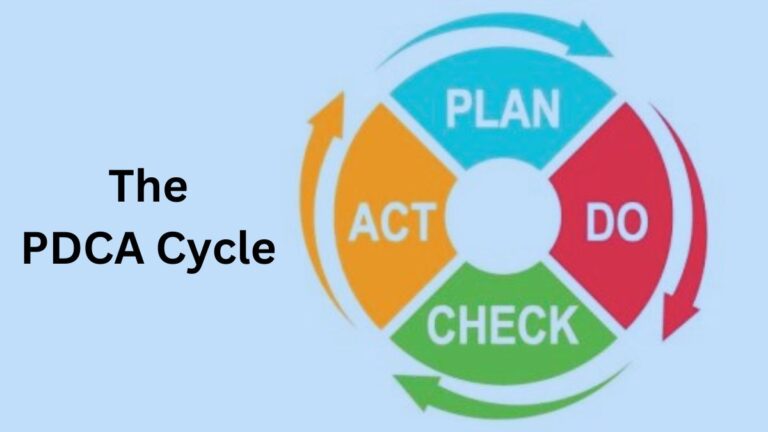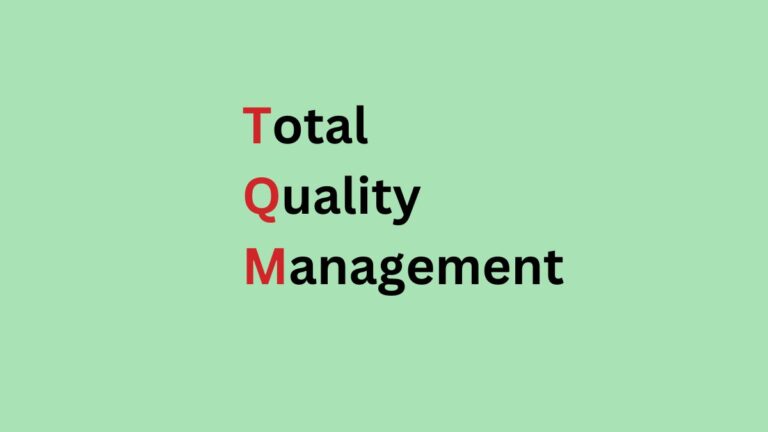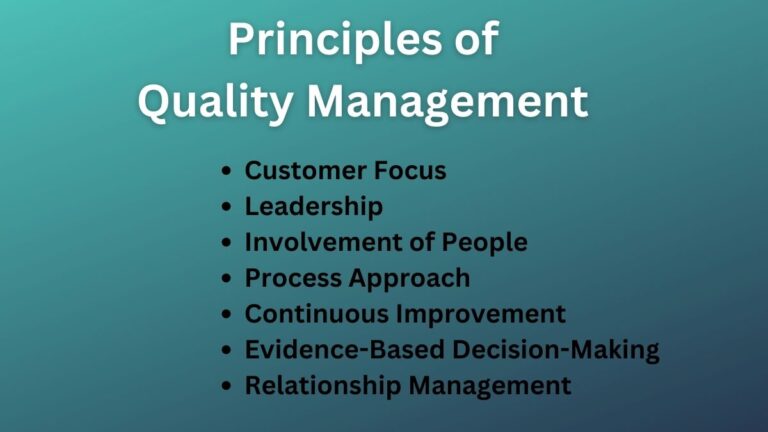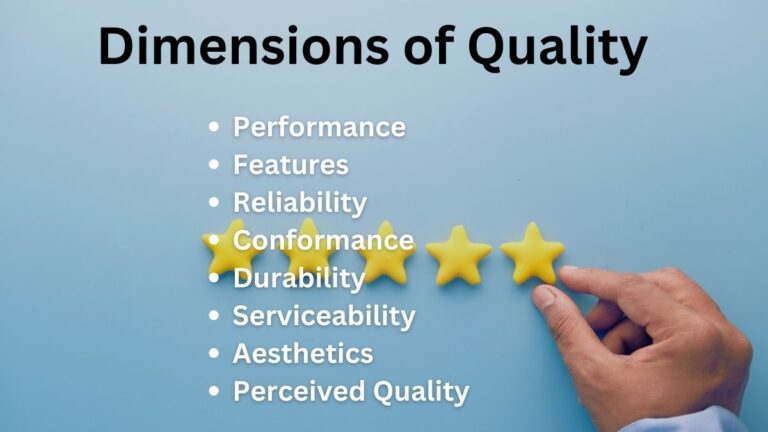What is Planned Change? Definition, Process, and Importance
What is Planned Change? Planned change is a process in which an organization prepares itself to make changes in its plans, goals, policies, or strategies for new strategic operations. It is a deliberate action organizations take to stand out in the market. Change is inevitable in an organization’s lifecycle, it is a deliberate action rather…








